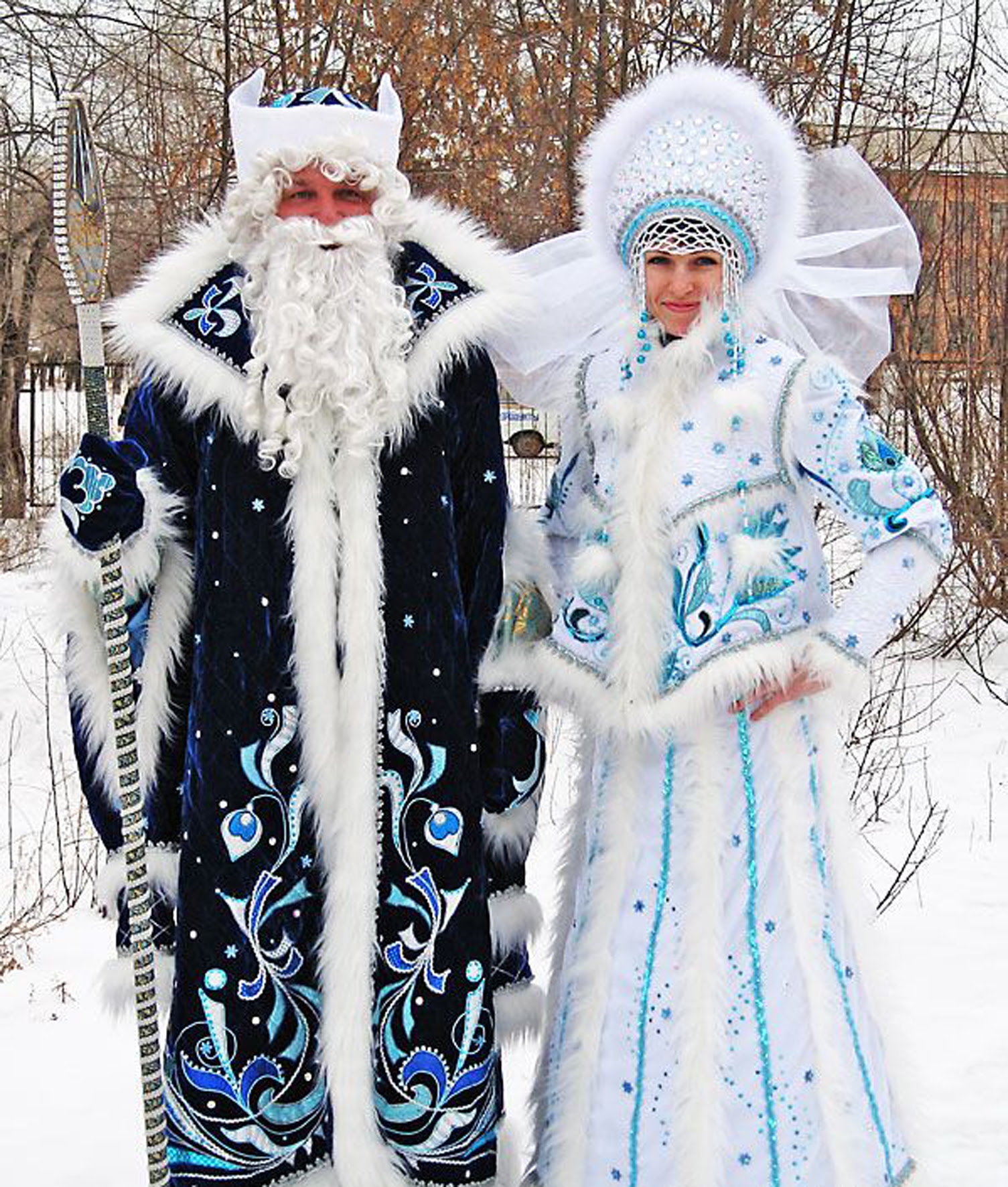"Although no group of authorities fully agree on a definition of the term mental health, it seems seems to include several traits and behaviors that are frequently endorsed by leading theorists and therapists (e.g., Sigmund Freud, Carl Jung, Alfred Adler, Karen Horney, Erich Fromm, Rudolf Dreikurs, Fritz Perls, Abraham Maslow, Marie Jahoda, Carol Rodgers, Rollo May, Albert Ellis, etc.). These include such traits as self-interest, self-direction, social interest, tolerance, acceptance of ambiguity and uncertainty, flexibility, acceptance of social reality, commitment, risk taking, self-acceptance, rationality and scientific thinking. Not all mentally healthy individuals possess the highest degree of these traits at all times, but when people seriously lack them or when they have extreme opposing behaviors, we often consider them to be at least somewhat emotionally disturbed.
Self Interest: Emotionally healthy people are primarily true to themselves and do not subjugate themselves or unduly sacrifice themselves for others. Realizing that if they do not primarily take care of themselves no one else will, they tend to put themselves first, a few selected others a close second, and the rest of the world not too far behind.
Self-Direction: Mentally healthy people largely assume responsibility for their own lives, enjoy the independence of mainly working out their own problems, and, while at times wanting or preferring the help of others, do not think that they absolutely must have such support for their effectiveness and well-being.
Social Interest: Emotionally and mentally healthy people are normally gregarious and decide to try to live happily in a social group. Because they want to live successfully with others, and usually to relate intimately to a few of these selected others, they work at feeling and displaying a considerable degree of social interest and interpersonal competence.
Tolerance: Emotionally healthy people tend to give other humans the right to be wrong. While disliking or abhorring other's behavior, they refuse to condemn them as total persons for performing poor behavior. They fully accept the fact that all humans seem to be remarkably fallible; they refrain from unrealistically demanding and commanding that any of them be perfect; and they desist from damning people in toto when they err.
Acceptance of Ambiguity and Uncertainty: Emotionally mature individuals accept the fact that, as far as has yet been discovered, we live in a world of probability and chance, where there are not, and probably ever will be, absolute necessities or complete certainties. Living in such a world is not only tolerable but, in terms of adventure, learning and striving, can even be very exciting and pleasurable.
Flexibility: Emotionally sound people are intellectually flexible, tend to be open to change at all times, and are prone to take an unbigoted (or at least less bigoted) view of the infinitely varied people, ideas, and things in the world around them. They can be firm and passionate in their thoughts and feelings, and they comfortably look at new evidence and often revise their notions of "reality" to conform with this evidence.
Acceptance of Social Reality: Emotionally healthy people, it almost goes without saying, accept was is going on in the world. This means several important things: (1) they have a reasonably good perception of social reality and do not see things that do not exist and do not refuse to see things that do; (2) they find various aspects of life, in accordance with their own goals and inclination, "good" and certain aspects "bad" ─ but they accept both these aspects, without exaggerating the "good" ones and without denying or whining about the "bad" ones; (3) they do their best to work at changing those aspects of life they view as "bad," to accept those they cannot change, and to acknowledge the difference between the two.
Commitment: Emotionally healthy and happy people are usually absorbed in something outside of themselves, whether this be people, things, or ideas. They seem to live better lives when they have at least one major creative interest, as well as some outstanding human involvement, which they make very important to themselves and around which the structure a good part of their lives.
Risk Taking: Emotionally sound people are able to take risks. They ask themselves what they would really like to do in life, and then try to do it, even though they have to risk defeat or failure. They are reasonably adventurous (though not foolhardy); are will to try almost anything once, if only to see how they like it; and look forward to different or unusual breaks in their usual routines.
Self-Acceptance: People who are emotionally healthy are usually glad to be alive and to accept themselves as "deserving" of continued life and happiness just because they exist and because they have some present or future potential to enjoy themselves. They fully or unconditionally accept themselves. They try to perform competently in their affairs and win the approval and love of others; but they do so for enjoyment and not for ego gratification or self-deification.
Rationality and Scientific Thinking: Emotionally stable people are reasonably objective, rational, and scientific. They not only construct reasonable and empirically substantiated theories relating to what goes on in the surrounding world (and with their fellow creatures who inhabit this world), but they are also able to supply the rules of logic and of the scientific method to their own lives and their interpersonal relationships. "
- Albert Ellis, Ph.D. The Albert Ellis Reader: A Guide to Well-Being Using Rational Emotive Behavior Therapy
How to Live the Good Life: Advice from Wise Persons
Virtues
An Old Philosopher's Notebooks



















